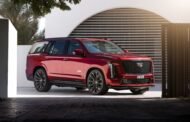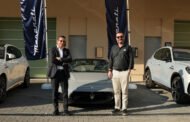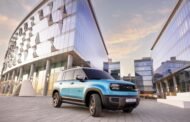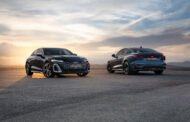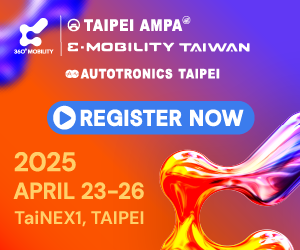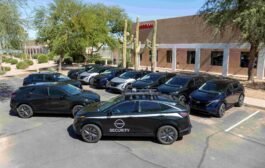Ten years ago, electric cars, like self-driving cars were considered to belong more in science fiction than on the roads. The picture has changed drastically in this decade. Tesla, once considered an upstart in the automotive industry and which specializes only in electric cars has made its presence felt with the tremendous interest that the Model 3 attracted. Tesla has even arrived in the UAE with the Roads and Transport Authority in Dubai adding Tesla’s cars to its fleet of taxis.
The main barriers to the adoption of electric cars were the cost of batteries, range anxiety and the time needed for charging and these are slowly being overcome with new technological innovations that will likely make charging an electric car as easy as refueling a car powered by petrol or diesel. The cost of battery technology is falling sharply with technical innovations.
Many countries like China, United Kingdom, France and India have announced that they will slowly phase out vehicles powered by internal combustion engines and encourage sales of electric cars in a bid to reduce harmful emissions of greenhouse gases and make the environment cleaner. This has led many mainstream automotive manufacturers have joined the electric car bandwagon.
Volvo was the first brand to announce that all its models from 2019 would have an electric powertrain. Mazda announced plans to make all its vehicles electric by 2030 and will be using its new compression ignition engine to make even internal combustion engine powered cars more efficient. Ford announced that it would be introducing 13 electric models in the next five years. Renault announced that it would debut eight all-electric models and 12 hybrids by 2022. Nissan’s LEAF is one of the best-selling electric models. Though Toyota came up with the hybrid Prius, the company missed the bus when it came to electric vehicle technology as it preferred to focus on hydrogen fuel cell technology with the development of the Mirai. However, it is fast playing catch up and has entered into a collaboration with Mazda to work on electric vehicle technology
Maserati, Jaguar and Porsche are brands that are normally known for their performance and luxury oriented models, but have revealed plans to electrify their range of models.
The spectrum of models produced as an outcome of this change transforming the automotive industry could range from mildly hybrid models which would still be powered by internal combustion engines to plug-in hybrids with ICE range extenders.
In the UAE, DEWA has set up more than 100 charging stations for electric cars across Dubai and the lure of many new incentives that have been announced in September for owners of electric cars like free charging till 2019, free designated green parking, free Salik tags and free electric vehicle registration and renewal fees will definitely encourage more motorists to take to electric cars.
Commenting on these initiatives, Saeed Mohammad Al Tayer, Managing Director and CEO of Dubai Electricity and Water, said that these incentives support the Dubai Clean Energy Strategy 2050 for Dubai to have the lowest carbon footprint in the world by 2050 and the Dubai Carbon Abatement Strategy to slash carbon emissions by 16 per cent by 2021.










